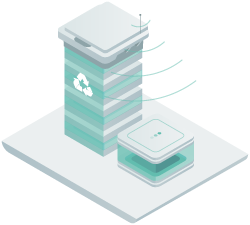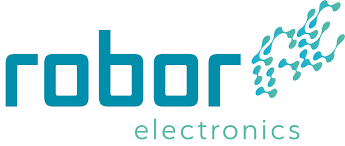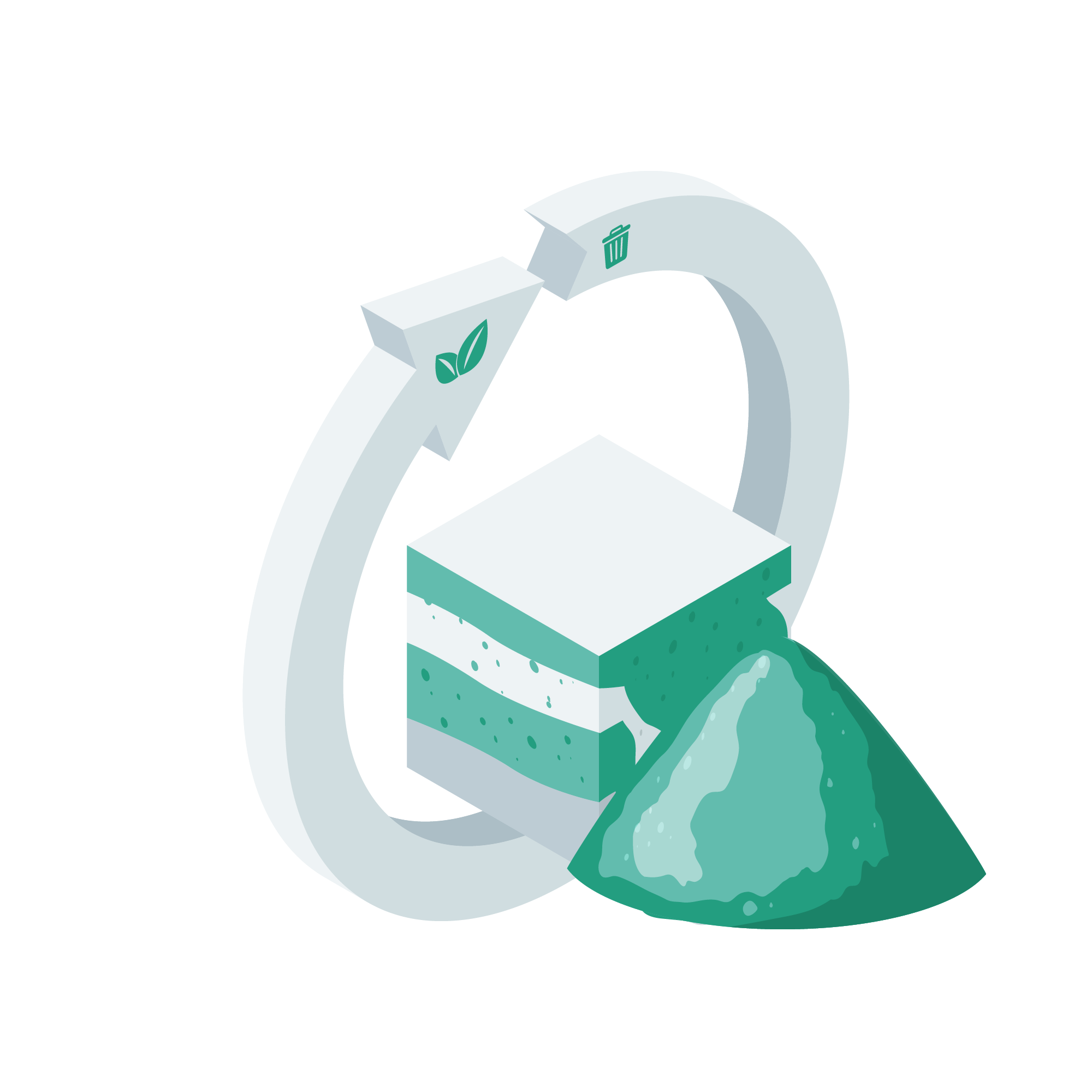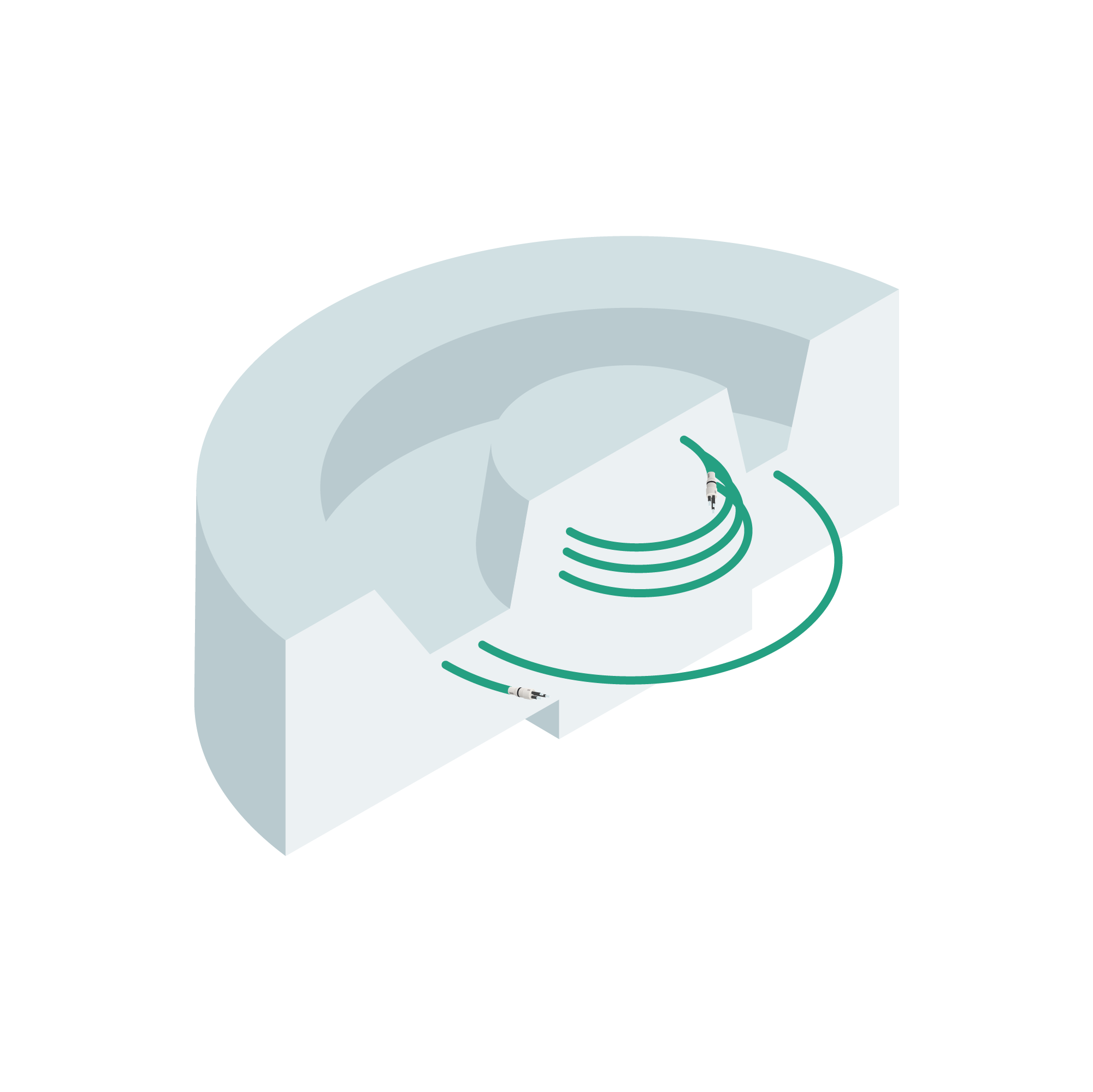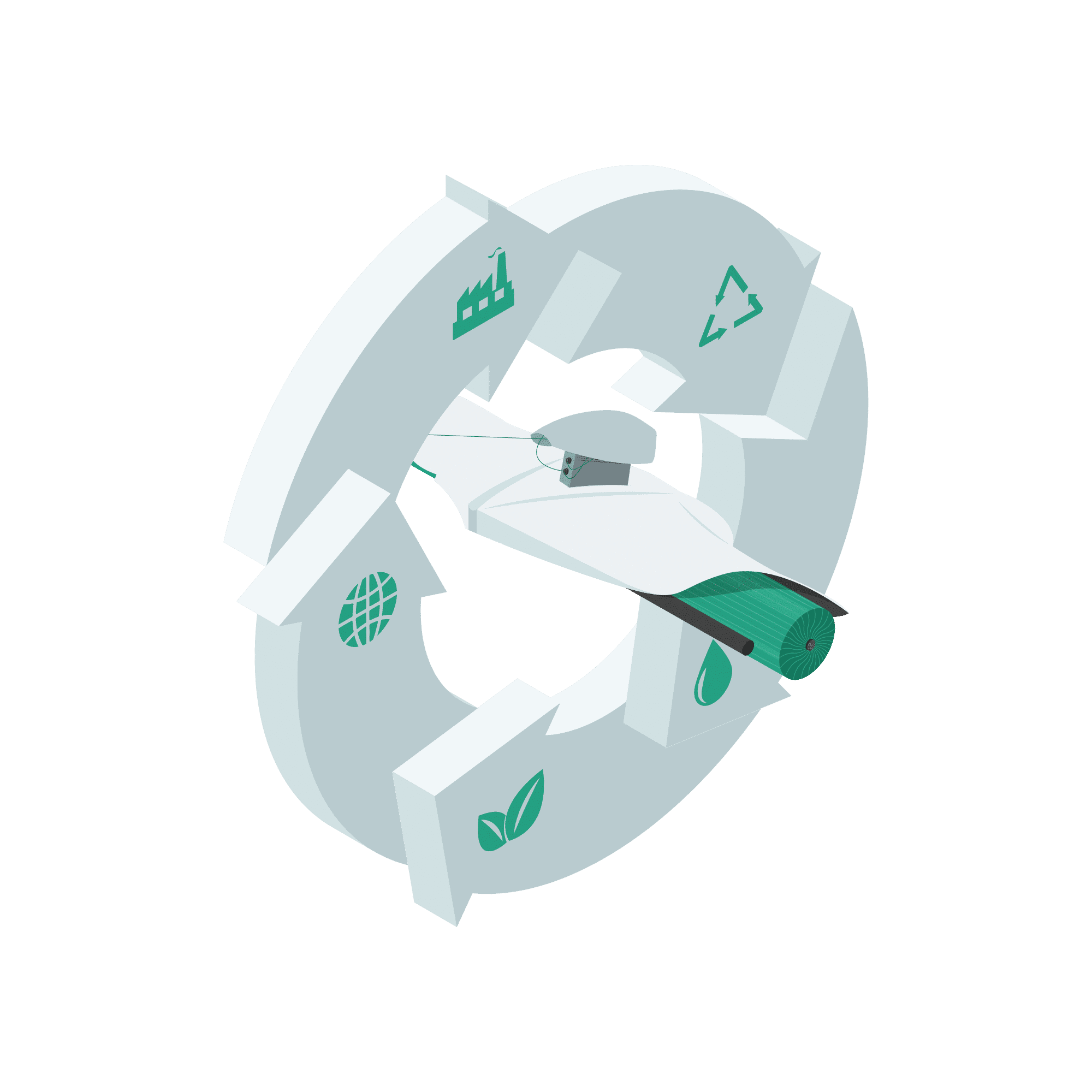In recent years, the increase in technology use has helped to transform cities into smart cities. Smart cities use communication technologies to improve operational efficiency and quality of life for citizens. The implementation of IoT sensors in urban areas helps address environmental and social concerns, as well as promote sustainable development practices. One of the applications of IoT for smart cities is the collection of data for optimising waste collection patterns and maintaining a city clean.
This was the reason for the initation of the VolleBak project. This project was conducted by a consortium consisting of Robor Electronics and WesterikICT. Robor develops electronic applications and devices to apply for people, animals, and nature. They are specialised in drone technology and wireless communications solutions, such as sensors and detectors. WesterikICT is an ICT and digital service agency. They also develop digital applications for e.g. remote sensing and alarm systems.
In the VolleBak consortium, guided by the FIP-AM@UT, they worked on the development of an IoT device that uses sensor technology for public waste management and collection. The sensors help measure waste levels and use real-time data to improve the collection patterns and operational costs. By implementing a smart waste management system, the waste collection routes can be planned more efficiently and only the full bins will be emptied. This results in, amongst other things, reduction of CO2 emissions, man hours, and a healthier environment for society.
